What is a Useful Idiot?
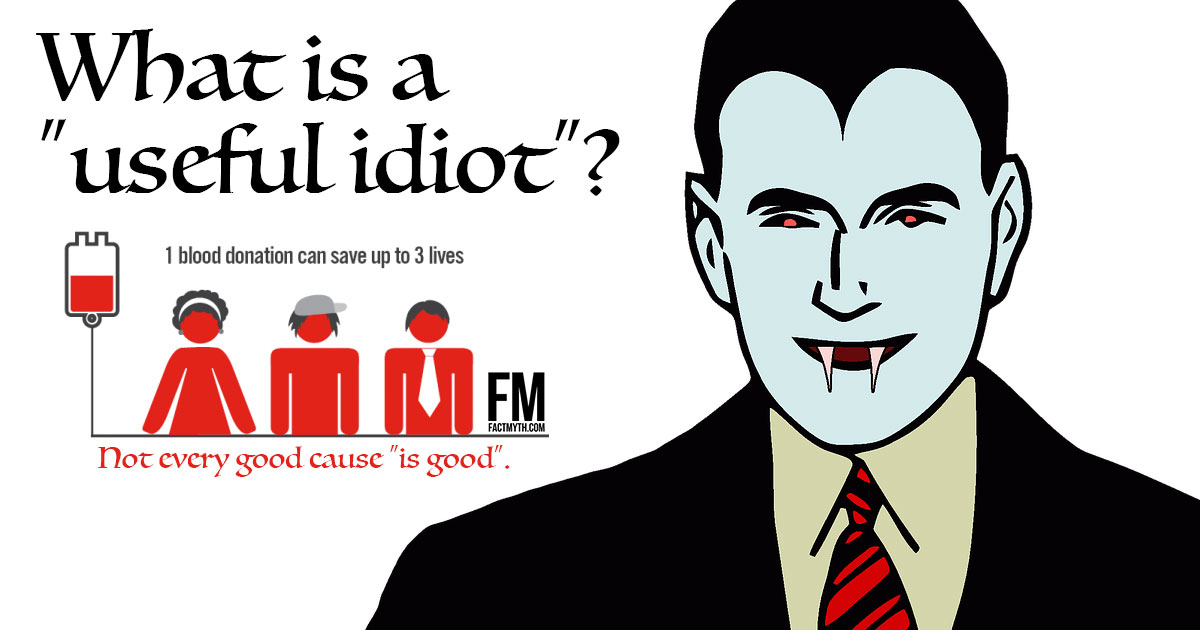
“Useful Idiot” is a political insult that describes a person who, through manipulation or not, is useful to a political cause that is not their own despite not fully realizing their role.
Political Science is the science of politics, or the science of the nation-state. It is the art of diplomacy, the study of ideas, ideologies, and influence, the science of strategy, economics, and rhetoric, and more. Perhaps political science is best summed up by Aristotle in his discussing of man’s role in creating the ideal nation-city-state:
“Political science aims at what is the highest of all goods achievable by action…. though it is worth while to attain the end [AKA happiness/arete/”the greatest good”/”the highest good”] merely for one man, it is finer and more godlike to attain it for a nation or for city-states. These, then, are the ends at which our inquiry aims, since it is political science, in one sense of that term.” – Aristotle on the meaning of life, virtue, morals, ethics, and the city-state, Nicomachean Ethics 350 BC

“Useful Idiot” is a political insult that describes a person who, through manipulation or not, is useful to a political cause that is not their own despite not fully realizing their role.
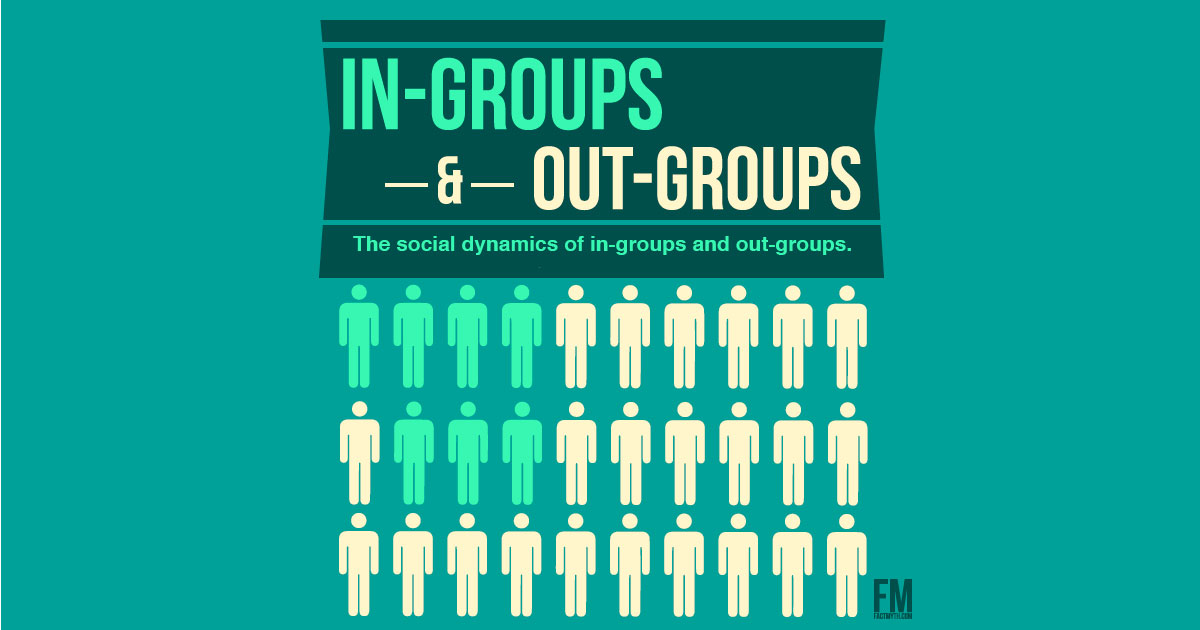
An “in-group” is a group you are part of (genetically, culturally, or ideologically), while an “out-group” is a group you aren’t part of.
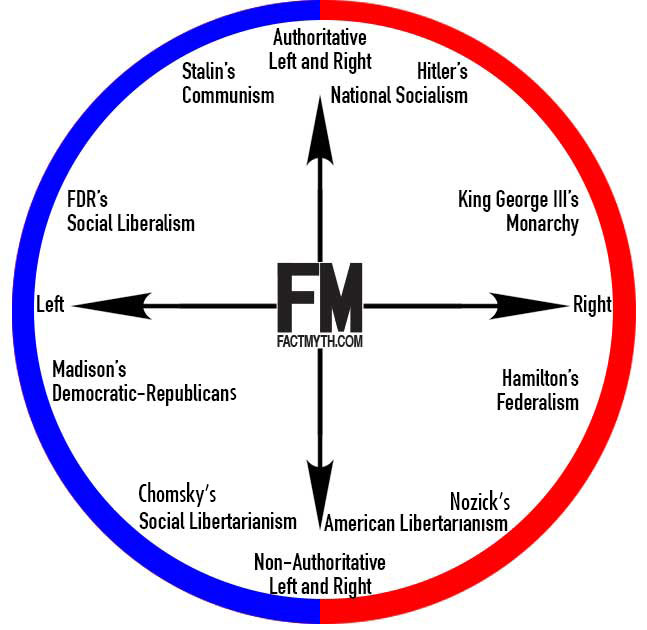
The left-right political spectrum is used to create a model that shows a spectrum of political positions. Traditionally there is a 2-axis spectrum of left and right, but there are also many widely adopted 4-axis model.

Conspiracy theories are sets of one more speculative hypotheses, backed by fallacious reasoning, that suppose a conspiracy.
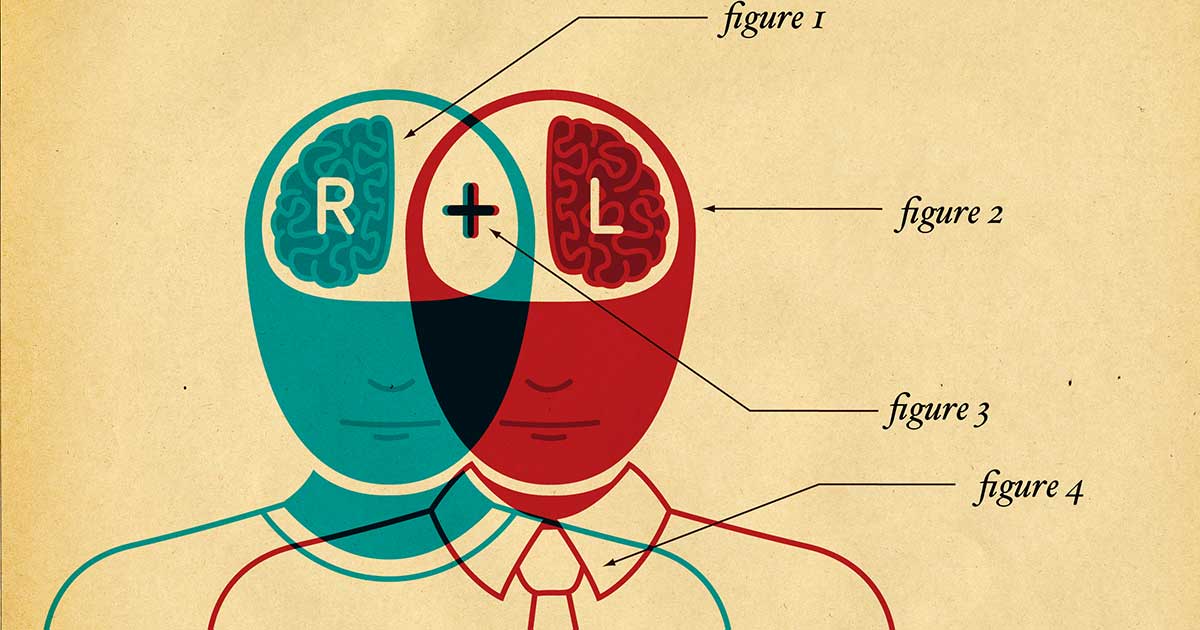
Collective intelligence is the wisdom of crowds, or the intelligence of groups, the intelligence that arises from cooperation, competition, and other group dynamics.
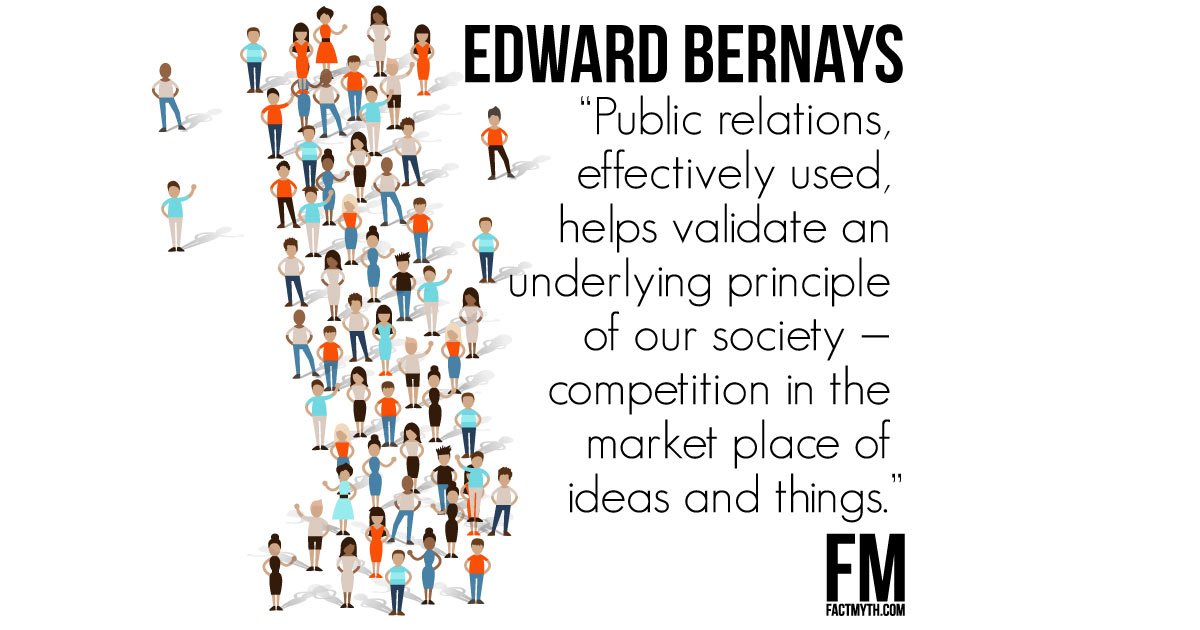
Edward Bernays, nephew of Sigmund Freud, can be considered the father of public relations and propaganda. Bernays literally wrote the book on propaganda, public relations, and manipulating public opinion.
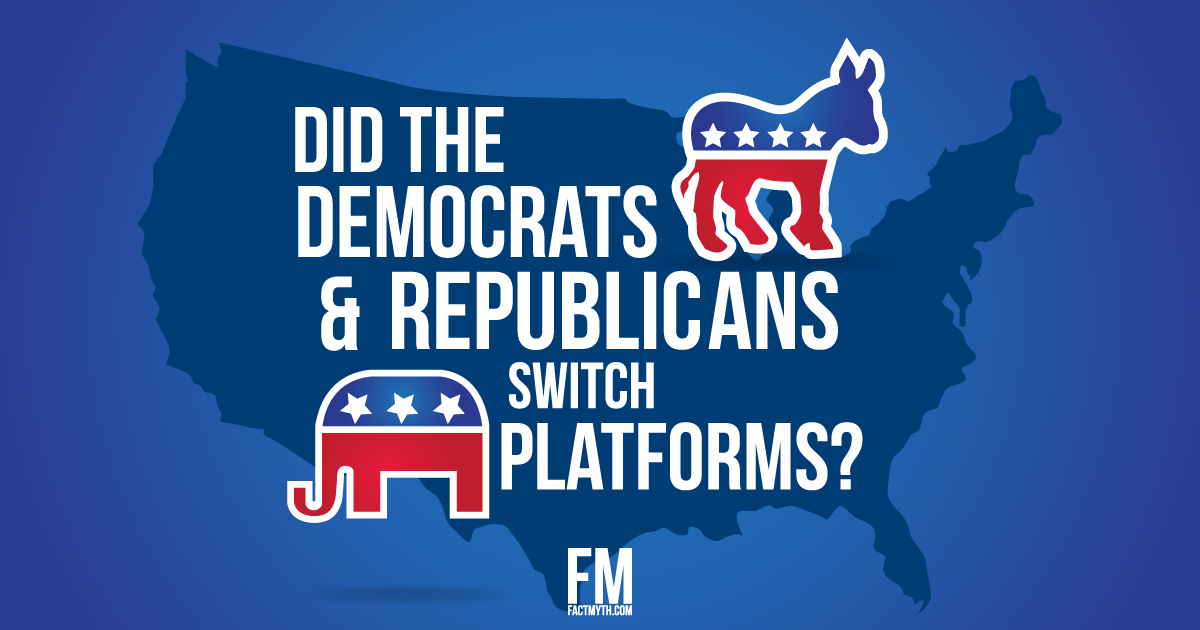
The US political parties, now called Democrats and Republicans, switched platform planks, ideologies, and members many times in American history.
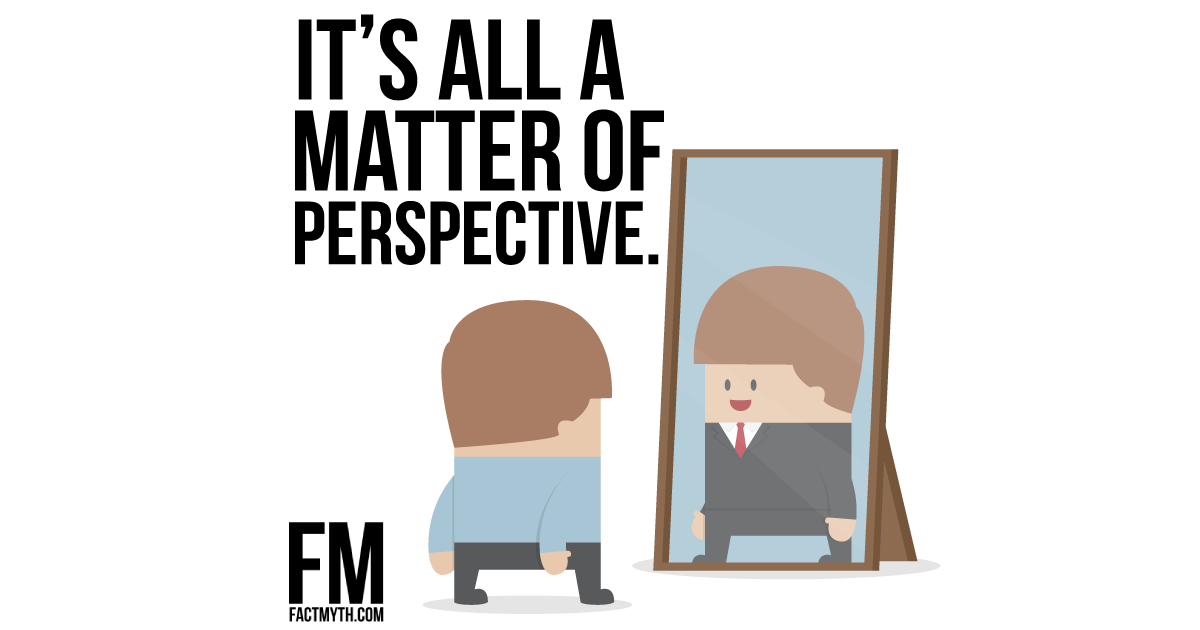
Everything we perceive depends on our frame of reference. What we observe is relative to our point of view. In other words, “it is all a matter of perspective”.

A series of social and legislative changes in the 60’s ended an era of tuition-free state universities in the US and started the current student loan crisis.
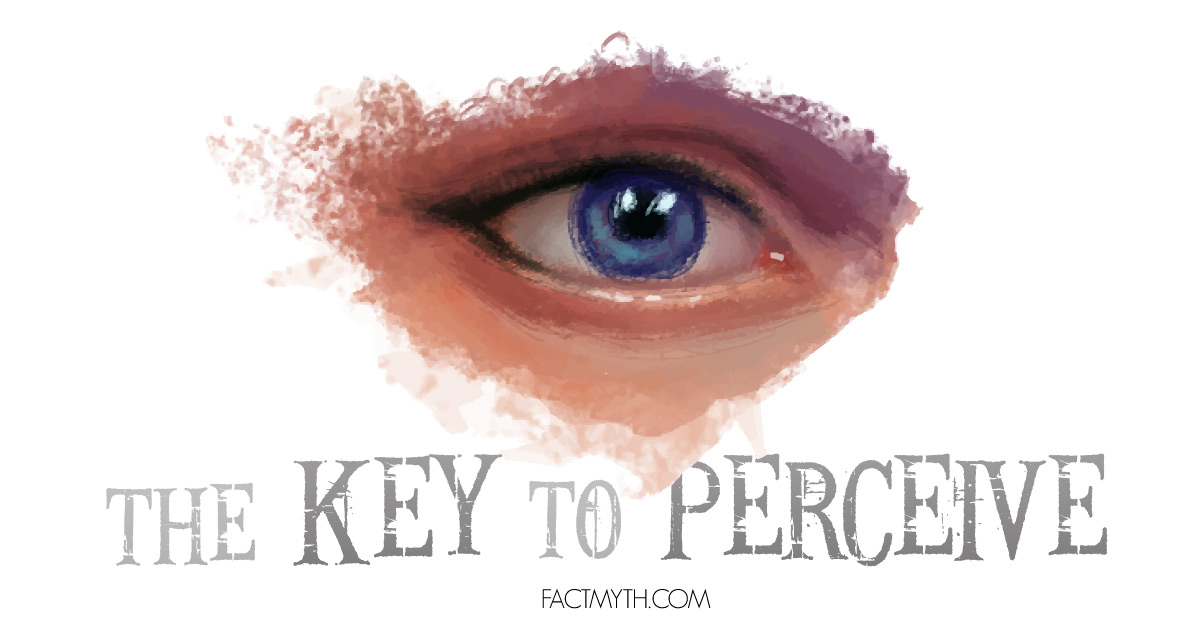
The amount of social, economic, or other value we perceive a person, place, or thing to have affects our perception of it (often more than actual value).